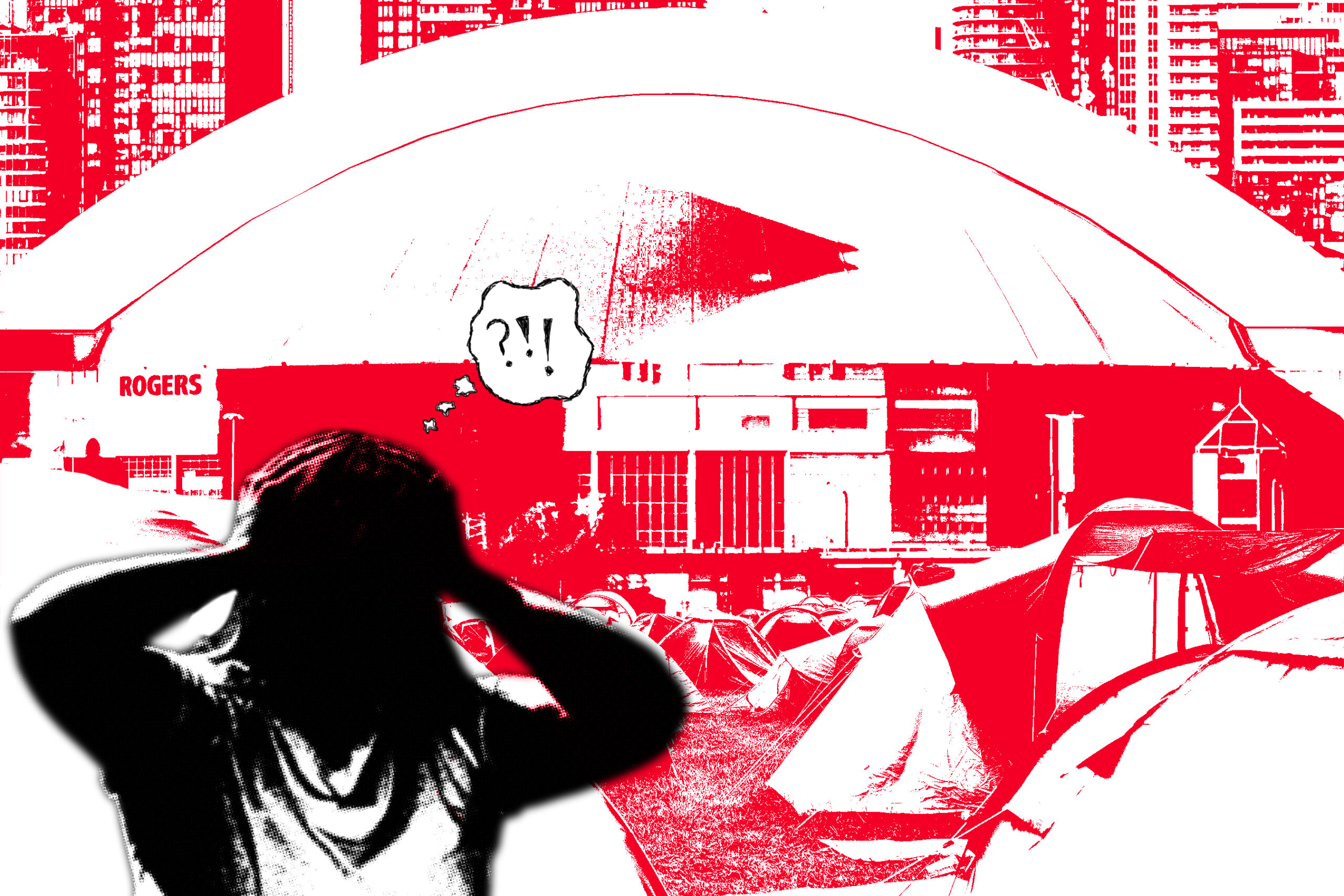By: Andrea Josic & Raizel Harjosubroto
Toronto’s TDOT era is coming to a close after rappers like Kardinal Offishall and Rascalz coined the term “T.O.” a decade ago. When artists like Drake and The Weeknd put the city on the map, The ‘6ix’ became Toronto’s new nickname. 6ix Rising, a new documentary by VICE, follows the journeys of the city’s emerging rappers and how they made a name for themselves on the rap scene.
The documentary features artists Prime Boys, Friyie, Big Lean, CMDWN, Jazz Cartier and Pressa. Director Shawney Coney explores their stories, how the city influences their music and how they are on the verge of fame.
It opens with Jimmy Prime of Prime Boys, a rap collective consisting of himself, Donnie and Jay Whiss. A rap collective is different from a rap group because while the rappers collaborate to make music, each artist has their own discography as well. Growing up in the Esplanade, Prime and his friends created Prime Boys and focused on rap in order to stay out of trouble.
“I invented the ‘6’,” says Jimmy Prime. “The ‘6’ is a new brand for the city. I felt like no one was taking the city seriously.”
Rapper Friyie was inspired by the different cultures and musical sounds in his neighbourhood of southside Jane and Finch to make music.
A few months after he graduated from York University, Friyie performed his hit single Money Team at the T-Mobile arena before the Floyd Mayweather and Conor McGregor fight in August.
“It’s crazy how life works,” said Friyie after watching Mayweather working out to his music. “I was a young kid just working and trying to spit motivational music and it was able to motivate a legend like Floyd Mayweather.”
In December 2015, rapper Big Lean lost his close friend, Lotto Max, in a drive-by in Parma Court, a public housing project neighbourhood in Scarborough. Although he lost the partner with whom he created the rap collective Da Degrees, Big Lean stays motivated to pursue music.
“I’m going to go hard for what he wanted and what I wanted,” says Big Lean. “He’s working up there and I’m working down here until we meet again.”
CMDWN, pronounced “come down,” a Toronto rap collective consisting of Fiji and Ca$tro Guapo, was originally known for hosting house parties in a one-bedroom apartment above a bar.
Ca$tro Guapo’s family is from South Jane and Fiji’s mom lives on Parliament and Shuter. Coming from rough parts of the city, CMDWN uses music as an escape.
“Music, to us, is a gateway to freedom to do what we want and live how we want,” said Fiji.
As the duo’s personalities gained laughter from the audience throughout the screening, it’s evident that CMDWN’s chemistry attracts various crowds.
“We’re opening doors for people that are different,” said Fiji. “Our fans vary from hipsters to weirdos, to hood n*****.”
Toronto-born Jazz Cartier claims the city as his home. He looks down upon artists who leave Toronto for the U.S. to pursue music because when they return, he feels they can’t claim the city as their own.
“Your city has to f*** with you before anyone f***s with you,” said Cartier, in regards to creating music in your hometown.
Despite the respect he has for the city, Jay Whiss of Prime Boys feels that an artist needs to go to the U.S. in order to make it big.
“We get caught, we can’t go to the States,” Whiss stresses the importance of keeping a clean record. “That’s the number one market. So if we can’t get there, it’s useless. There’s only so much you can do in Canada.”
Pressa originates from the Driftwood neighbourhood near Jane and Finch. Pressa has been unable to tour in the U.S. because of a criminal record.
His career started as an opening act on Drake’s Boy Meets World tour. Last May, Pressa’s show in London, England was cancelled due to negative press around his arrest in early 2016.
“I have better things and better plans for my future,” Pressa said when reading his allegations. “I’m just trying to work and have a better life than where I came from.”
While these rappers have gained local attention, they have yet to take their fame outside of the country.
Whiss acknowledges that it’s difficult to break through. “A lot of people in Toronto have a spotlight as if they’re a big artist already,” said Whiss. “The pressure of having to take it to that next level and getting there, it’s hard.”
In a Q & A session after the screening, Coney said that he is looking into making a documentary about music producers who are more established, with 10 or more years of experience in Toronto’s music industry.
The full Noisey documentary can be viewed here.









